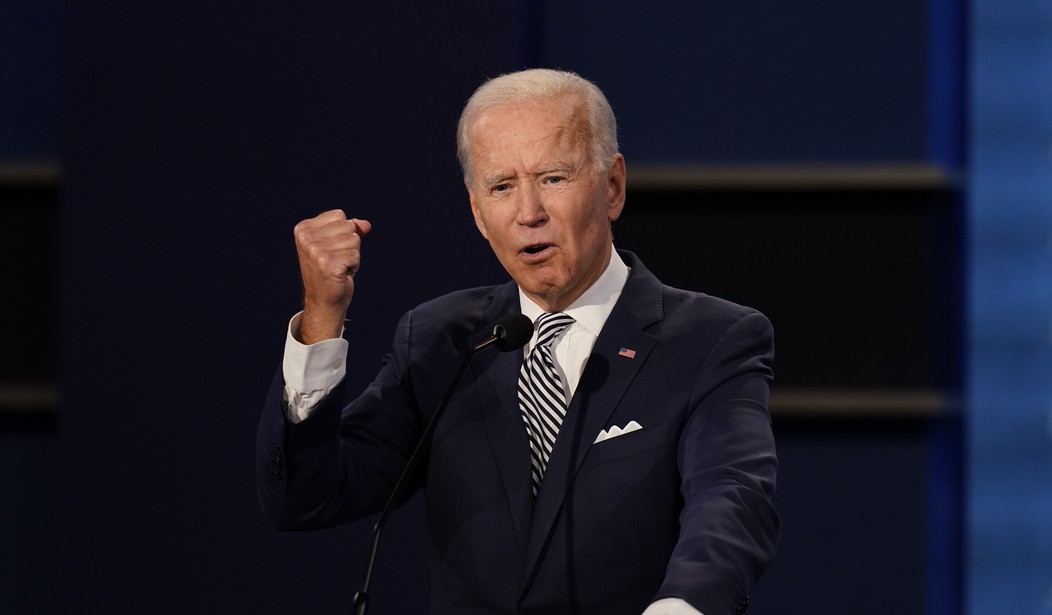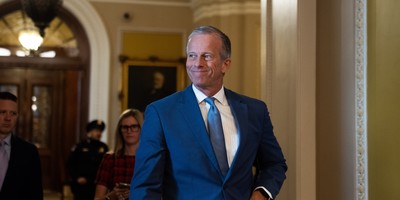In traditional presidential campaigns, the two major parties offer contrasting ideas and policies. The Democratic and Republican candidates barnstorm the nation to make their cases.
Not this year.
Democratic nominee Joe Biden is more or less a virtual candidate, mostly communicating from home via Zoom. He offers few detailed alternatives to the first four years of the Trump administration.
Instead, Biden is running on the idea that Donald Trump caused the COVID-19 pandemic and the resulting economic recession, and that he's responsible for violence in the streets.
But Biden rarely offers contrasting visions of what he would have done differently than the Trump administration -- or, for that matter, major European countries that are now in worse economic shape and fighting another coronavirus spike.
Even in the final days of the race, Biden is making far fewer campaign appearances than Trump. The challenger is outsourcing to the media his defense against allegations that the Biden family has peddled influence to foreign interests for millions of dollars that were routed into family coffers.
An inert Biden is playing the role of good ol' Joe from Scranton, while his supporters hope to not just change the presidency, but to alter the very rules of how America has been governed for decades and even centuries.
Not long ago, the left favored the Electoral College. California, New York, and Illinois gave Democrats more than 100 automatic Electoral College votes.
Recommended
The left bragged that their "Blue Wall" lock on solidly Democratic, union-heavy Midwestern states had ensured Barack Obama two presidential terms -- and in 2016 would guarantee Hillary Clinton the presidency as well.
But in 2016, the Blue wall crumbled -- perhaps permanently.
Now, furious progressives plan to end the constitutionally mandated Electoral College by hook or crook. They feel it no longer serves their election purposes.
Ditto the traditional structure of the Supreme Court. For nearly 60 years, a left-leaning Supreme Court revolutionized American cultural and political life with progressive decisions. The majority on the court advanced liberal agendas that often found little support in referenda, state legislatures, and Congress.
Even Republican-appointed judges often flipped from conservative to liberal in the progressive culture of Washington. Once strict constructionist justices such as Harry Blackmun, William Brennan, Lewis F. Powell Jr., David Souter, John Paul Stevens, Potter Stewart and Earl Warren all became activists, delighting the left. Almost no Democratic-appointed justices turned traditional and conservative.
The Supreme Court includes two of Barack Obama's liberal nominees, Sonia Sotomayor and Elena Kagan. The left assumed that after 2016, Hillary Clinton as president would appoint three or four more activist justices over her almost guaranteed eight-year tenure.
But then the unthinkable happened with the stunning 2016 election of Donald Trump.
Trump now has appointed three traditionalist (and relatively young) justices to lifetime spots on the Supreme Court. Ironically, he was empowered to do so after Democratic Senate Majority Leader Harry Reid changed the Senate rules in 2013, reducing the threshold for approval of executive and judicial nominees from 60 votes to 51 votes.
Reid wrongly took for granted that Democrats would control the Senate for the next decade as part of an Obama-Clinton 16-year continuum. Reid wished to ensure that the Republican Senate minority would have no ability to obstruct the appointment of progressive nominees until at least 2024.
Instead, Reid ensured that Trump and a Republican-controlled Senate could appoint conservative judges at will under the new rules.
If elected president, Joe Biden would likely "pack" the Supreme Court with additional slots. That enlargement would ensure new activist left-wing justices.
In other words, the 151-year tradition of a Supreme Court with nine justices would end.
The left also wants to pack the Senate -- and change the rules. Puerto Rico and Washington, D.C., would become new states. Their admission would end the tradition of 50-state America and would likely mean another four Democratic senators.
A Biden presidency and Democratic-controlled Senate would also quickly kill off what is left of the filibuster. Democrats wish to ensure that a surviving Republican minority could not impede progressive agendas in the same manner that the Democratic minority has stopped Republican legislation in recent years.
In sum, the 2020 election is not just about Joe Biden sitting on a perceived lead and trying to run out the clock against barnstorming incumbent President Trump.
It is really a choice between changing rules when they are deemed inconvenient and respecting constitutional norms and long-held traditions that have served America well for many years.
Victor Davis Hanson is a classicist and historian at the Hoover Institution, Stanford University, and the author of "The Second World Wars: How the First Global Conflict Was Fought and Won," from Basic Books.

























Join the conversation as a VIP Member